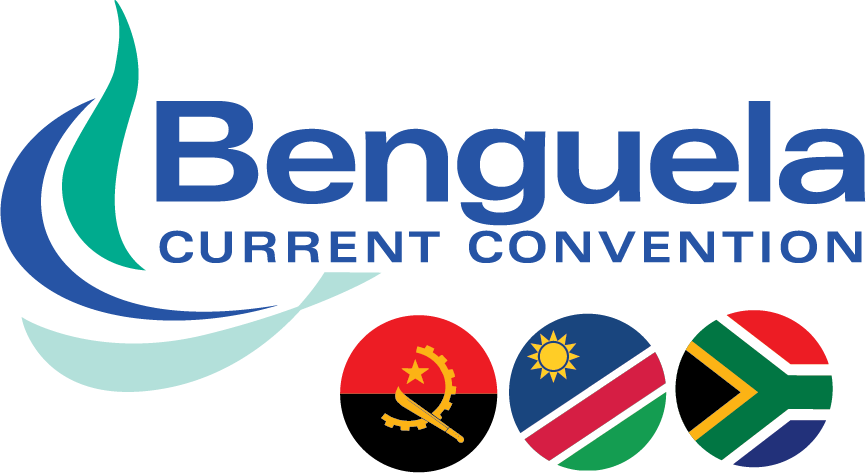1) Each Party shall authorise Ministers to attend the Ministerial Conference, one of whom shall be the head of the delegation, and may be accompanied by alternative representatives, experts and advisers.
(2) The Ministerial Conference shall:
- (a) evaluate the implementation of this Convention and approve any changes to the Strategic Action Programme as well as mandate the taking of any actions necessary to facilitate the effective implementation of that programme;
- (b) approve the work plan and budget for the period between the ordinary conferences;


